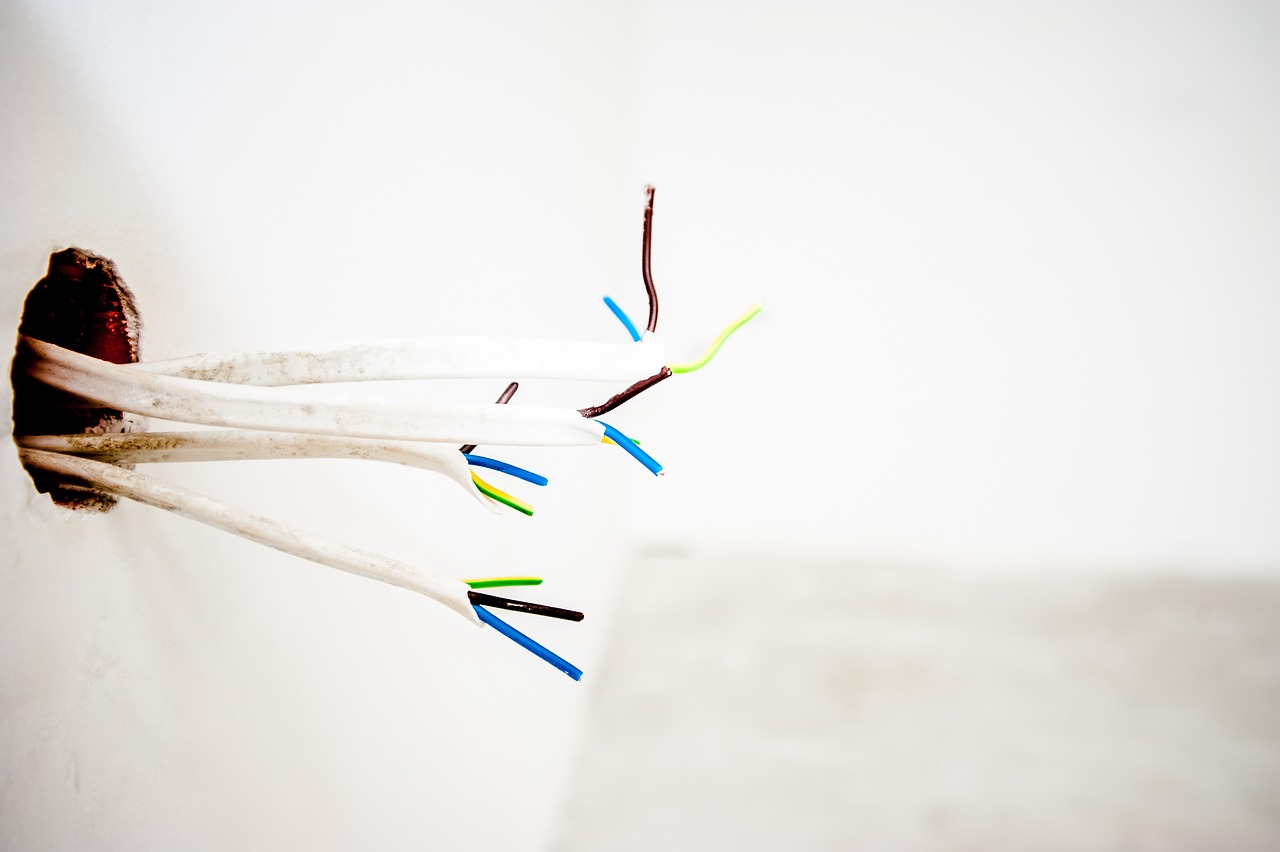Most homeowners probably have a sufficient toolbox or toolkit for many of the jobs they need to do around the house. However, for electrical repairs, there are certain tools you should always keep around. You may already have some of these tools, but if not and you plan to do any basic electrical work, you should consider investing in them.
- Screwdrivers
If you don't already have a good pair of flathead and Phillips screwdrivers, buy one now. If possible, get a driver set that comes with multiple-sized bits of both types, because you'll find screws of varying sizes all over your house. Depending on your price range and what you like, you might want to consider magnetic screwdrivers or ratcheting screwdrivers.
- Wire cutters
A pair of wire cutters is useful for exactly what you'd think: cutting wires. They can also be used to cut plastic clamps or clips, or -- used carefully -- to strip wire or cable insulation. Get a pair with rubber handles.
- Needle nose pliers
A small pair of needle nose pliers comes in handy for bending wire, gripping cables, securing clips, and many other things. Like with the wire cutters, you'll want pliers with rubber handles. Some people prefer spring-loaded needle nose pliers, while others like them better without any spring action between the handles.
- Electrical tape
Electrical tape can be used for many things, and is nice to have in your toolbag because you never know when you'll need it. Electrical tape is useful for covering exposed wires, securing wires or cables to each other or to another surface, and even for creating a makeshift bandage (along with a paper towel or napkin) when you just want to stop the bleeding but don't want to stop working. Be careful when using electrical tape anywhere heat might be a factor, because it tends to stretch or expand and lose some of its adhesiveness when exposed to heat.
- Outlet tester
You can buy a decent outlet tester for just a few bucks, and they are great for checking power at an electrical outlet. Just plug the tester in and you can find out if the outlet has power or not. Many testers will even give you more information, such as whether the outlet is wired correctly or not. A multimeter (see below) can be substituted for an outlet tester, but an outlet tester is quicker and easier.
- Multimeter
A multimeter is a must for anything but light electrical work. Similarly to how an outlet tester can tell you whether or not an outlet is getting power before you take it apart, a multimeter can be used to test the current or voltage to any electrical device or component, including wires and cables. A multimeter can allow you to make sure power has been cut to an electrical device before you handle it, and it can also tell you whether the device is getting the correct voltage, or whether a fuse is good or bad.
(Originally posted on Helium.com, 2013)
(Image by Michal Jarmoluk from Pixabay)
No comments:
Post a Comment